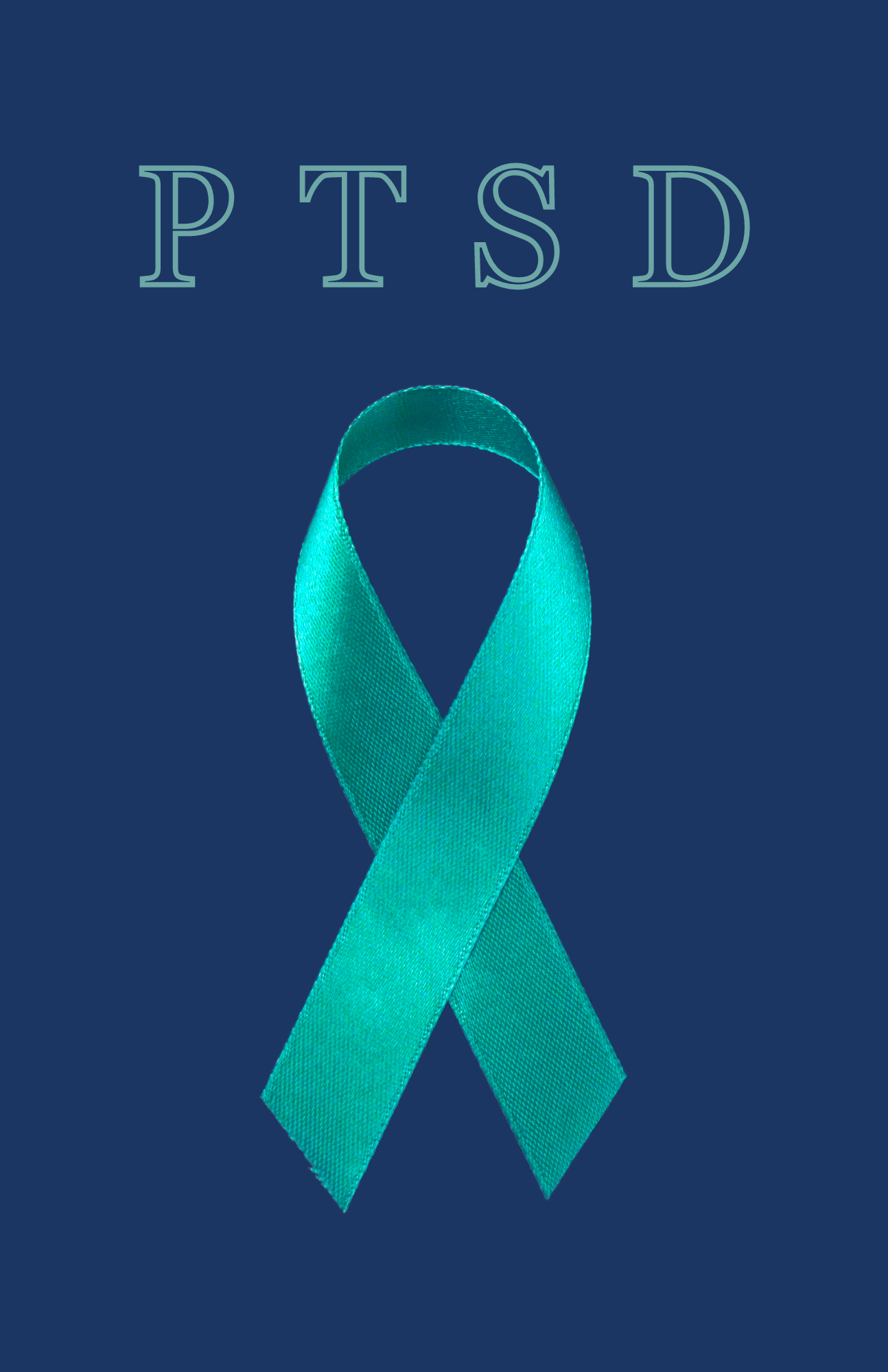
The conversation around post-traumatic stress disorder (PTSD) has long centered around the experiences of veteran soldiers who have been on the frontlines of combat. While veterans are diagnosed with PTSD at alarming rates, foster youth are two times more likely to experience PTSD in adulthood. The Northwest Foster Care Alumni Study found that one in four participants displayed PTSD symptoms in the past year, and over half of participants presented additional mental health challenges such as depression, social phobia, and panic syndrome.
One of the necessary indicators of a PTSD diagnosis is the presence of a traumatic event. Youth placed in state custody are more than likely to have endured physical abuse, sexual abuse, or neglect in some form. Some studies report up to 90% of youth entering care have experienced at least one traumatic event, with half experiencing four or more traumatic events (Stein et al., 2001).
Trauma experienced in youth and young adulthood can have lasting impacts on the outcomes of this population. Less than 2% of former foster youth earn a college degree and one-third live below the poverty line (The Harvard Crimson). The impact of poor mental health, lack of education and resources, and often no support system to fall back on, youth with trauma exposure and/or PTSD are also far more likely to turn to drugs and alcohol as coping mechanisms, which can lead to risk-taking behavior and further involvement with the state.
Unlike veterans, the foster care system has not been set up to treat youth with PTSD and other mental illnesses. As more research about the relationship between foster youth and trauma develops, more resources become available to youth in care. In 2011, California passed AB-181, commonly referred to as the Foster Youth Mental Health Bill of Rights, guaranteeing foster youth access to appropriate and necessary mental health screenings and services free of charge. While this is an important step in the right direction for youth in state custody, many are subjected to long wait times for treatment from overburdened and underpaid healthcare professionals.
COMPASS Programs work to bridge the gap for transitional age youth and the services they need. Being a participant in COMPASS Programs comes with access to on-site counseling services and linkages to trusted community partners with expertise in trauma-informed care for foster youth. While receiving the mental health care they need, young adults can work towards independence with the assistance of the COMPASS Training Program (CTP), where they receive paid job training in a field of their interest or monetary compensation for attending college classes. In 2020, 100% of participants in COMPASS’s Transitional Housing Program were either employed, enrolled in school, or actively working to remove barriers to entry for education or employment through the CTP. COMPASS is helping disadvantaged youth cope with trauma and develop a path to independence by providing the necessary resources and support that so often go overlooked for this population.
COMPASS Programs would not exist without the support of our generous donors! Check out our new tiered donation system to learn how you can make a direct impact on the lives of the wonderful young adults at COMPASS Programs!








